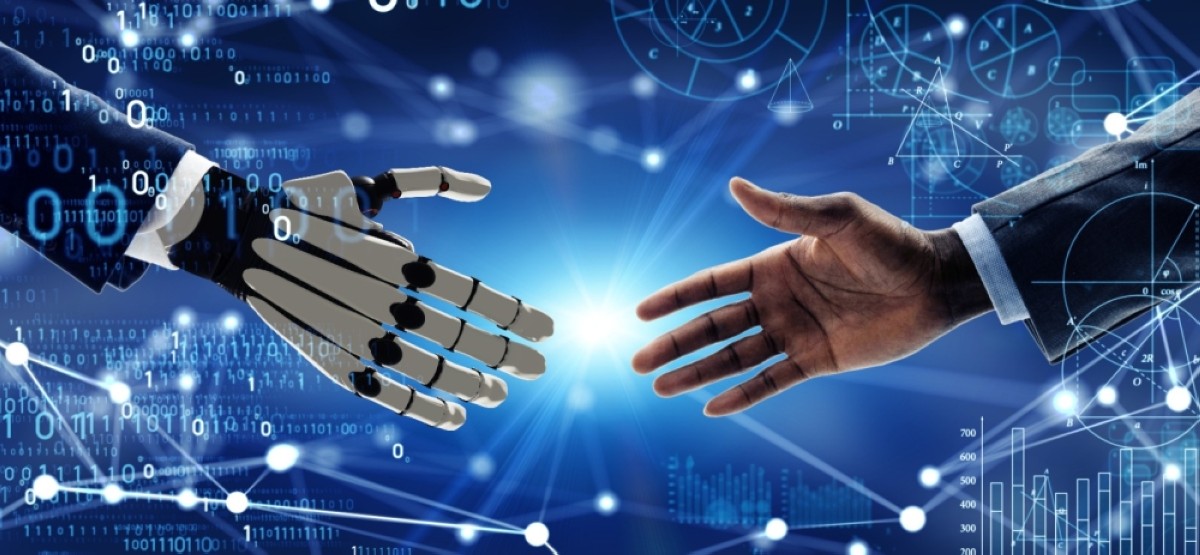KUWAIT: Fear is a very powerful emotion that occurs as a natural response to the unknown, especially when facing new and revolutionary technology that one can barely predict its consequences, such as artificial intelligence. While the feeling of uncertainty should help one grow and thrive, the fear of getting replaced by AI is leaving many people emotionally paralyzed and resentful to accept it as an integral part of their work life.
One area of particular concern is the creative industry, where AI is already being used in different areas, as it can now greatly help in creating mesmerizing art pieces, writing high-quality content, generating professional videos or even composing music pieces from scratch. All of which is provoking a never-ending question for all creatives out there: Is AI putting my job at risk?
Ronny Engen, an AI and strategy expert who’s been working in the tech industry in Kuwait for almost 20 years, answered this question in a conversation with Kuwait Times. Engen explained in simple words that when it comes to creative pieces, AI is merely focused on deriving logical conclusions and final output, based on analysis of hundreds of thousands of data per second.
He believes that while logic can be extremely powerful, sometimes it is never enough to produce creative pieces that emotionally connect with people. "Many of the things that we fall in love with have nothing to do with logic. You might like a song or a piece of poem that everyone else probably hates, just because it happened; it just clicked. AI cannot do this because it can never replace the human soul,” he stressed.


Engen pointed out that it is extremely beneficial for the creative industry to recognize AI as only a tool rather than a threat. "The more we use it, the more the manual and routine aspects of work can be automated, driving artists to focus on the essence of their work, which is the creative aspect,” he said.
If someone has a vision or an idea, AI will just help them implement this vision by brainstorming their idea incredibly fast. Yet, despite its efficiency, its abilities are still largely limited to a great extent. AI will always rely on humans’ input and oversight to perform appropriately and make accurate decisions, he noted. Engen added that by combining or merging previously existing large number of ideas, AI can produce much stronger ones, however still repetitive in nature.
"Although it might look creative and novel, it really isn’t. AI is not yet trained to come up with something completely different and revolutionary that the world has never seen before. It cannot create an entirely new artistic style or genre,” Engen said, referring to the 1960s when rock and roll music evolved as a powerful force for social and cultural change, in a time that the world was ready for a new sound. How can AI ever come up with something at the right time that can be so relevant to society’s values and needs, he questioned.
For this reason, Engen noted there’s a huge risk that if people overly rely on AI to finish all the work for them, human creativity as a whole will not move forward as fast as it is now. He believes that the human brain has this distinctive feature that can never be replicated, which is the ability to create a sudden connection between two completely unrelated ideas or observations, bringing one to notice a completely unique and cohesive pattern out of them.
While highlighting the limitations for AI is crucial, one shouldn’t miss out on how AI can make one’s life much easier in multiple ways. Edgen noted that people should realize that AI technology by itself cannot take anyone’s job, but it’s someone using AI who is coming for their jobs. So, it’s time for everyone to overcome their fears and learn to cope with global advancements in technologies and embrace them by incorporating them in their daily tasks. It is also important to educate oneself about it properly and understand the ethical concerns of using it. Because AI, if not used properly, can produce poor quality creative pieces that lack emotional depth, personal expression and human intent.

